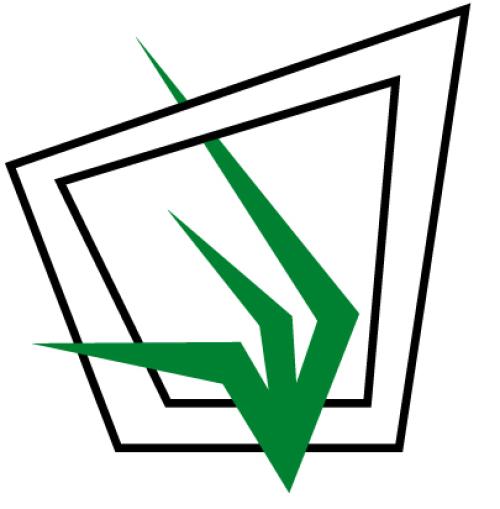In the semiarid Chaco savannas, the balance between herbaceous and woody species affects landscape configuration and ecosystem services such as forage production. Therefore, understanding the factors that control this balance is crucial for management. In a factorial experiment, we assessed the effects of fire and water availability on the emergence and recruitment of grasses, forbs and woody species. The results showed that the effects of fire and water availability on early regeneration stages differed among the three functional groups. For grasses, fire and water addition enhanced emergence when acted solely, but only the positive effects of fire were translated into a greater recruitment, irrespective of the water availability. For forbs, only water addition, when acted solely, promoted the emergence, although this effect was not translated into a greater recruitment. Lastly, in the case of woody species, both fire and water addition reduced emergence and recruitment. Our results support the notion that both fire and greater water availability would contribute to the maintenance and recovery of a grass-dominated state of vegetation through a positive effect of fire on grasses recruitment and a general negative effect of fire and water on woody species emergence and recruitment.

Journal articles from the Grassland Society of Southern Africa (GSSA) African Journal of Range and Forage Science as well as related articles and reports from throughout the southern African region.